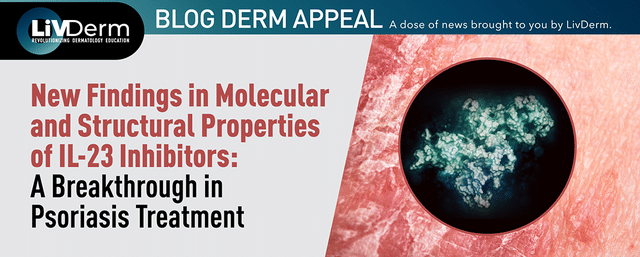In a recent study published by Health Science Reports, researchers sought to clarify the association between age and sex with various comorbidities in patients with alopecia areata (AA).

The cross-sectional, hospital-based study conducted between April 2018 and September 2021 included 402 patients suffering from AA, 192 female and 210 male. Hamidpour et al. reviewed demographic and clinical records of the patients involved, which included age, sex, time of AA onset, and the location of lesions.
Among the participants involved in the study, the median Severity of Alopecia Tool (SALT) score was 68. Patchy alopecia, universalis, totalis, and ophiasis were the most common forms of AA, and approximately 10% of patients reported a family history of alopecia areata. A total of 277 patients were over the age of 18 and 125 patients were under 18 years old.
Researchers noted that the most common diseases associated with AA included anxiety (36%), dermatitis (30%), hypothyroidism (9%), hyperlipidemia (5%), and vitamin D deficiency (4%).
The most common comorbidities in AA patients over the age of 18 included allergic rhinitis, psychological problems, diabetes, hypertension, and hypothyroidism, the latter being more common in female patients than in male patients. Hyperlipidemia, however, was more common in male patients than in female patients.
The study also demonstrated significant associations between:
- Type of alopecia and sex
- Disease recurrence and age over 18 years
- Severity of AA and hyperlipidemia and vitiligo
- Age and hypothyroidism, hypertension, hyperlipidemia, and DM
- Prevalence of allergic rhinitis and age over 18 years old
Hamidpour et al. concluded that “Sex and age could affect comorbidities. The prevalence of hypothyroidism was higher in our study; it was higher in women than in men. Thyroid function tests were recommended for AA patients.”
It is important to note that as we enter a new era of alopecia areata management, considering how demographics may affect comorbidity risk and response can optimize the use of emerging therapies like JAK inhibitors. As such, it is essential for clinicians to remain up-to-date on the latest treatments in order to best provide optimal care for their patients.
We invite you to enroll in our free CME activity, Gamechangers in Alopecia Areata: Targeted Therapies for Patient-Centered Care, covering the latest insights on alopecia areata to strengthen your capabilities in this rapidly evolving area of dermatology.
















